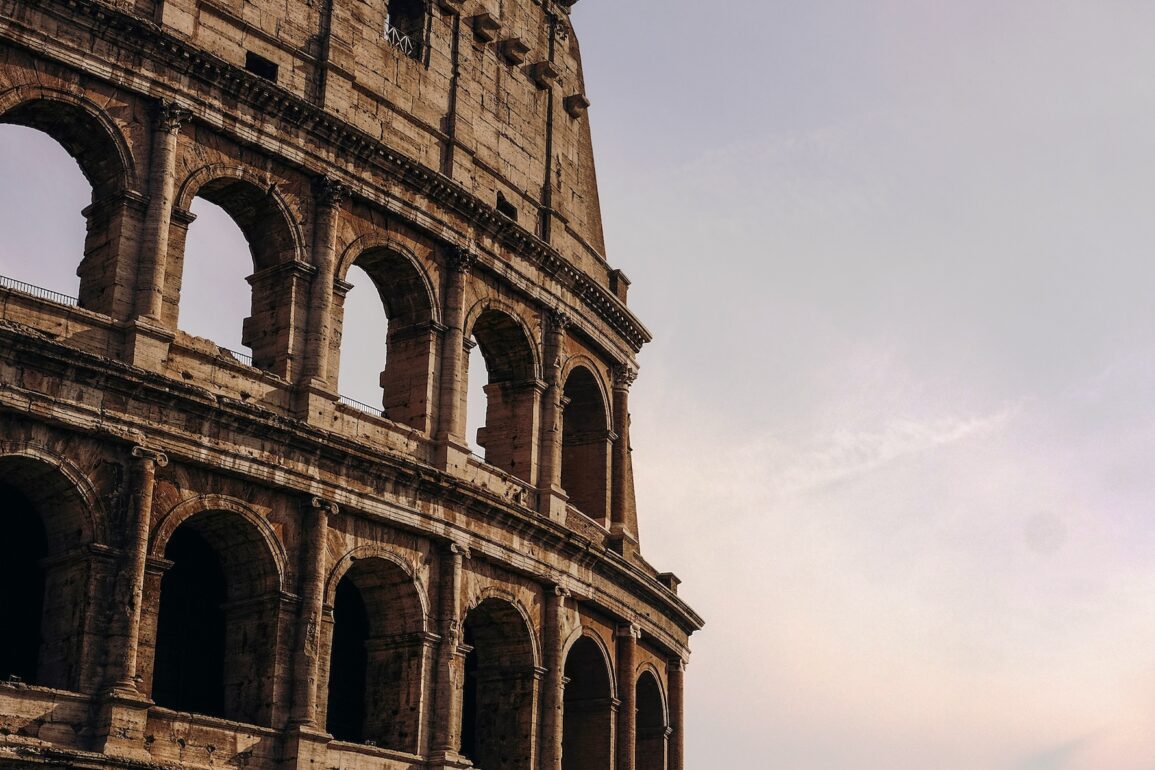Eight guests and their plus-ones will be able to participate in ‘faux gladiator’ fights after the Colosseum’s closing time on May 7 and 8, 2025.
Looks like Rome’s Colosseum will be seeing “gladiators” slugging it out again after 2,000 years. No, it’s not going to be the location of a new big-budget Hollywood film—though that would have been a better option, methinks. Rather, it’s for a touristy activity that unsurprisingly sparked an intense backlash.
The Eternal City’s eternal symbol will be the venue of “staged” gladiator fights under a $1.5 million sponsorship deal with Airbnb that aims to promote “a more conscious tourism,” per a report on the Associated Press. With over seven million visitors a year, the Colosseum is the most popular tourist attraction in Italy, per its official website.
Under the deal announced by Airbnb and the Colosseum Archaeological Park, which oversees the popular historical site, the sponsorship by the short-term rental company will cover the renewal of an “educational program” inside the ancient Roman amphitheater covering the history of the structure and gladiators, the report continues.
Related story: Starting today, Venice implements a five-euro day pass in a push against overtourism
Related story: Seoul fights back against overtourism at the historic Bukchon Hanok Village
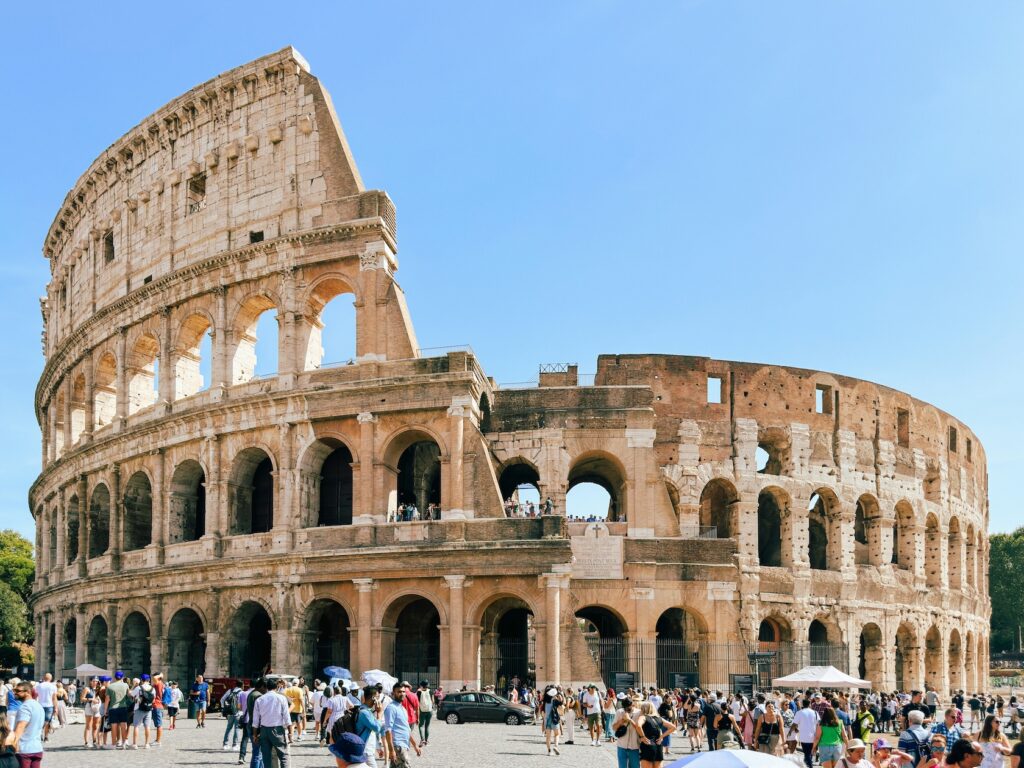
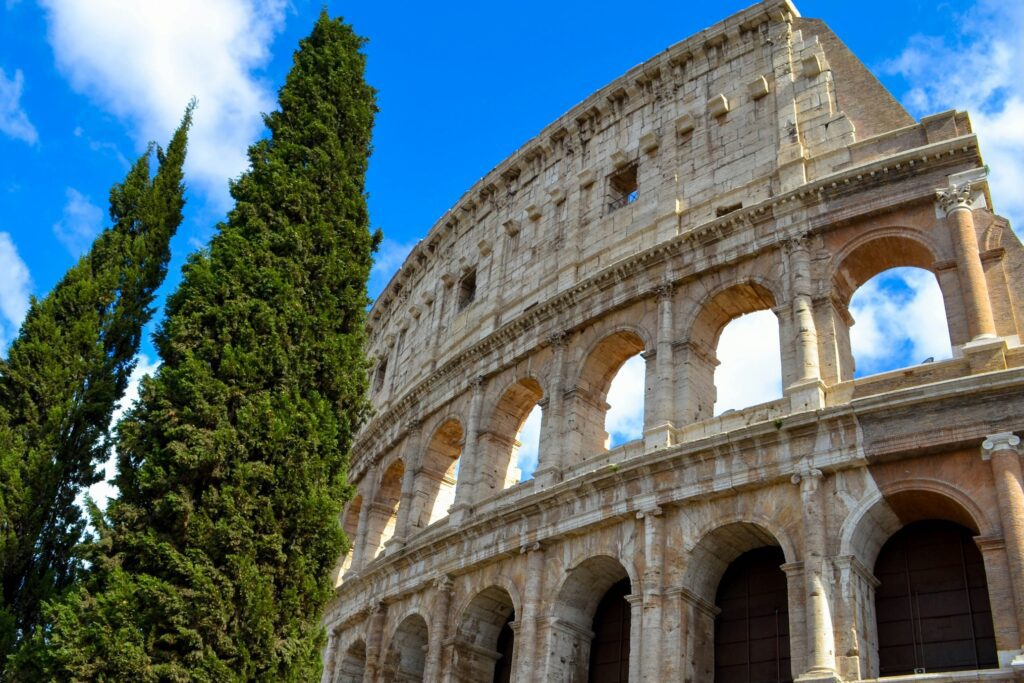
Eight guests and their plus-ones will be able to participate in ‘faux gladiator’ fights in ‘full gladiatorial garb’ after the Colosseum’s closing time on May 7-8, with the added bonus of walking through the same underground route used by gladiators in ancient Rome to reach the arena. People can try their luck to live their gladiatorial dreams on Nov. 27 at no cost, and the “gladiators” will be chosen by lottery.
“You will feel the adrenaline rush, the sand between your fingers, and the weight of your armor. You will hear the echoes of gladiators past in the Colosseum’s catacombs and the unmistakable clank of steel in its arena. You will see the moon’s reflection off the travertine stone through the sweat dripping down your face. You will become a gladiator,” says the Airbnb advertisement. Dante wouldn’t be too happy with the copy, but here we are.
Alfonsina Russo, the Colosseum’s superintendent, tells the Associated Press that the deal is also in conjunction with the release of Ridley Scott’s new film Gladiator II, which opened in Italy on Thursday.
Not everyone’s happy about it. Massimiliano Smeriglio, Rome’s councilor for culture, has asked the rental platform to withdraw the plan, but “leave the money,” saying the promotion is an “insult to the Colosseum’s historic stature,” according to a CNN report.
“The issue is not the public-private relationship or the desire of big brands to support the protection and conservation,” per a statement shared with CNN. “But to avoid a demeaning use of our historical-artistic heritage, especially when it comes to a monument that is unique in the world like the Colosseum.”
Smeriglio’s efforts to thwart the collab is part of a wider trend against locals who are pushing back against over tourism and the ‘Disneyfication’ of their home towns and cities.
Luckily, he isn’t alone in his gladiatorial battle. The president of Rome’s Culture Commission, Erica Battaglia, has warned that the UNESCO heritage site cannot be turned into an amusement park. “For what it represents, the Colosseum is a world heritage site and one must go to the direction to protect it, but also to make it accessible to all and to prevent it from becoming a place of pranks for a select few,” she said in a statement Friday, Nov. 15.
Politician Enzo Foschi of the center-left Democratic Party which currently controls Rome, also voiced his criticism of the Colosseum Archeological Park for agreeing to the Airbnb deal at a time when many Italian cities are already struggling against overtourism.
“A publicity stunt by Airbnb which, after having effectively taken possession of the historic center, completely distorting it and turning it into a large tourist park, now wants to ridicule the Colosseum,” he said Friday. “We are not in Disneyland, we are in Rome. Every now and then someone seems to forget it.”
Related story: Kyoto is not a theme park! Local gov’t pushes back against badly behaving tourists
Related story: ‘Go home!’: Overtourism sparks ‘revulsion‘ among locals in Spain
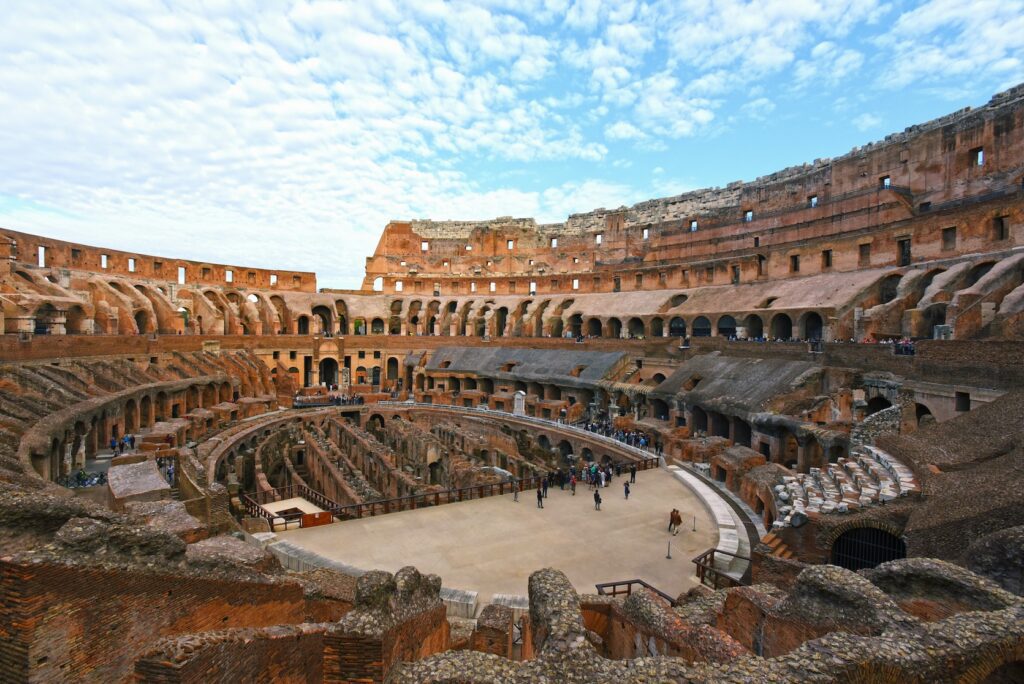
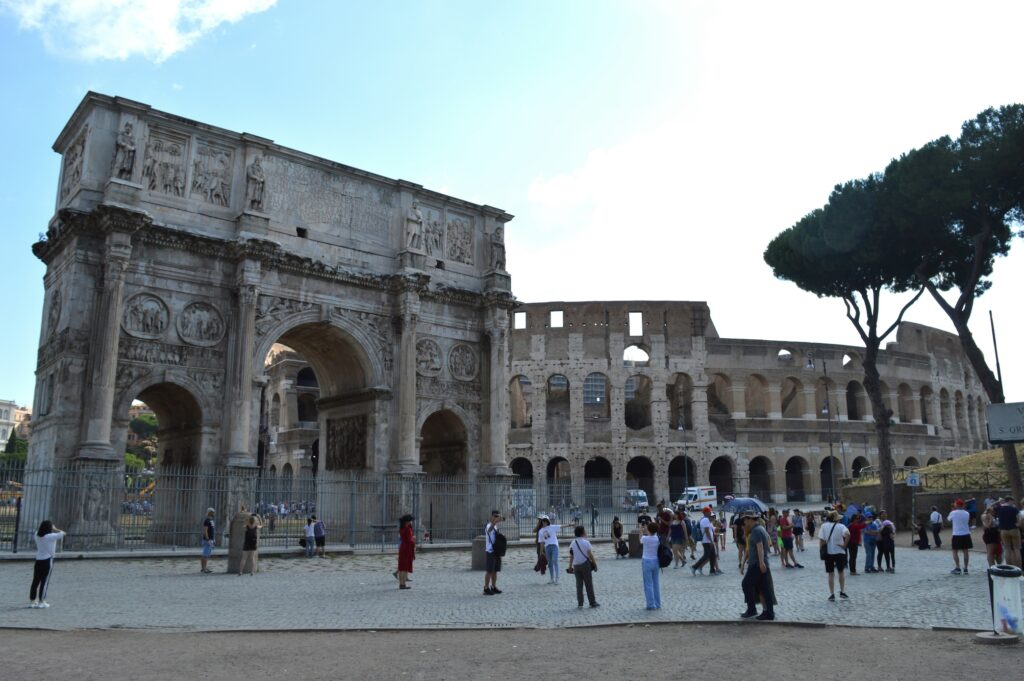
But the Colosseum Archaeological Park is also not alone in its fight. The Airbnb-Colosseum collaboration is supported by Italian Prime Minister Giorgia Meloni’s party, Brothers of Italy. Federico Mollicone, a member of the party, even sings the plan high praises.
“The archaeological park of the Colosseum did well to sign a memorandum of understanding with the historical re-enactment associations also guaranteeing tourists a gladiator show of high scientific quality coordinated by ministry officials of Culture,” he said Friday in response to Smeriglio’s criticism.
“We reiterate our absolute favor for the agreement between public and private in culture, through partnerships or sponsorships, provided that they support initiatives that are of scientific and cultural value approved by the Ministry of Culture.”
In a statement, the Colosseum Archaeological Park says in defense that the plan is to “enhance the historical and cultural heritage of the amphitheater through immersive activities in full respect of the monument, based on rigorous historical research.”
Furthermore, it explains that the collaboration aims to combine conservation, education, and innovation “to bring an increasingly wider audience closer to the cultural richness of the amphitheater.” The $1.5 million would go to the conservation and ongoing restoration of the site, it adds.
Airbnb, when asked for comments, directed any questions to the Roman authorities.
The POST has already reported on popular tourist destinations worldwide, such as Japan and Spain and even Venice, which have been struggling under the weight of overtourism and the slew of problems it brings. Like Kyoto, Rome has been struggling to find the balance between managing its cultural offerings and turning the city into what some bemoan as an “amusement park.”
In the city’s latest pushback against hordes of tourists, the Trevi Fountain, which is undergoing a major renovation, will soon start limiting tourist access and may even start selling tickets to visitors wanting to line up to throw their coins into its waters for luck. Doesn’t sound like a lucky news at all.
Related story: Some businesses in Japan now charging tourists more in recent push against overtourism
Related story: Oh deer! Nara’s sacred deer on the brink of losing their protected status

